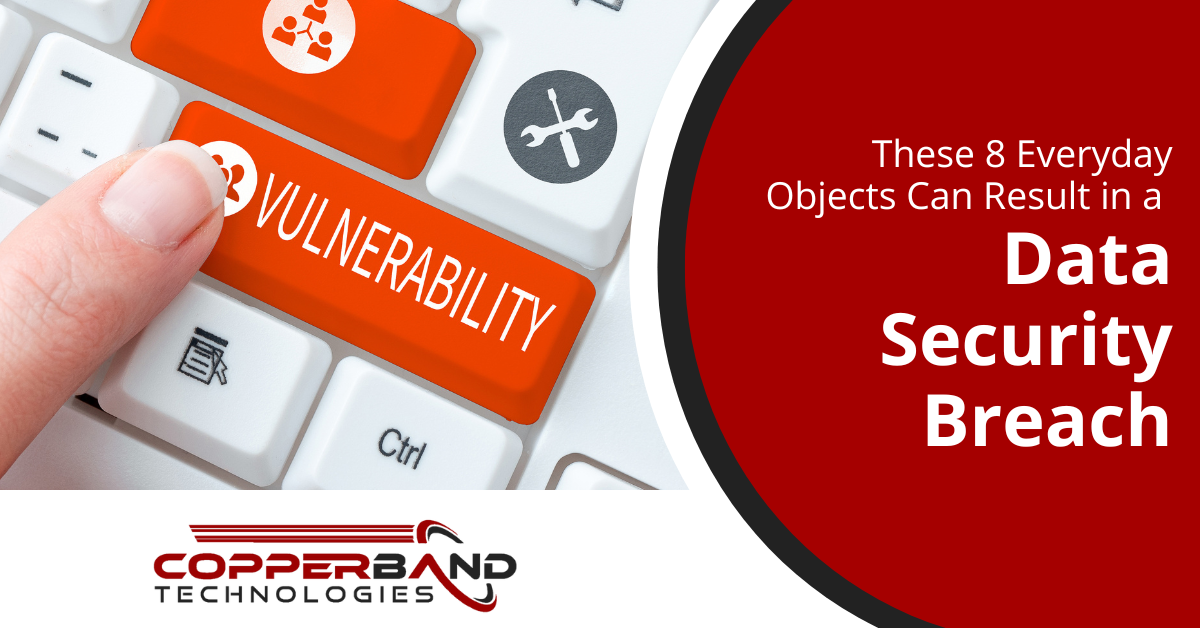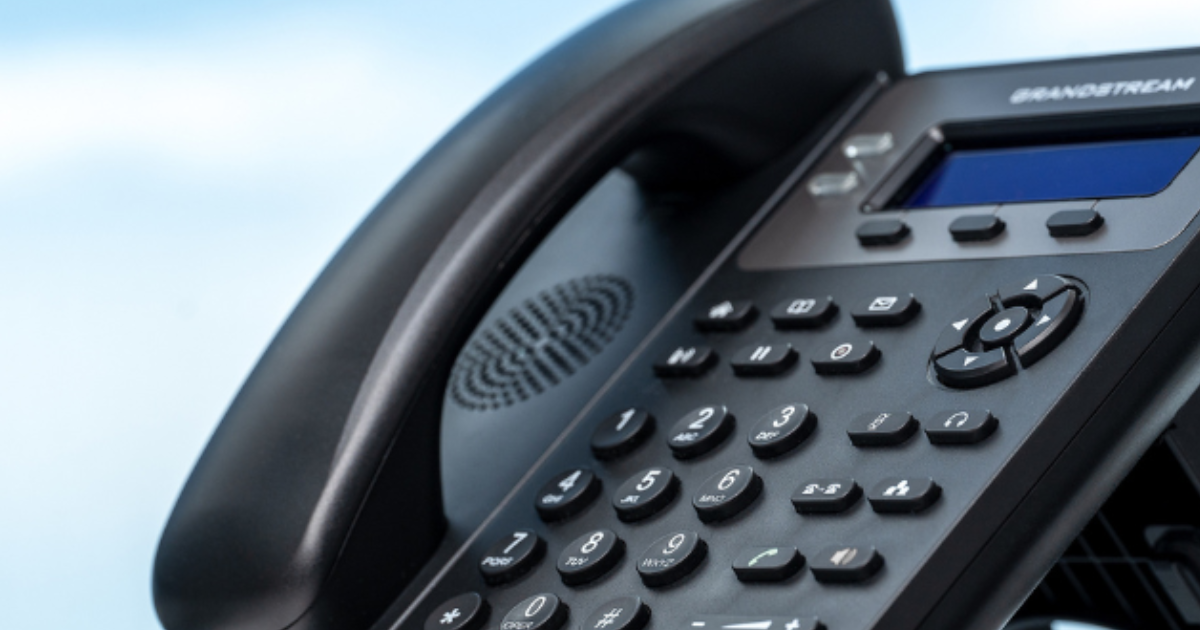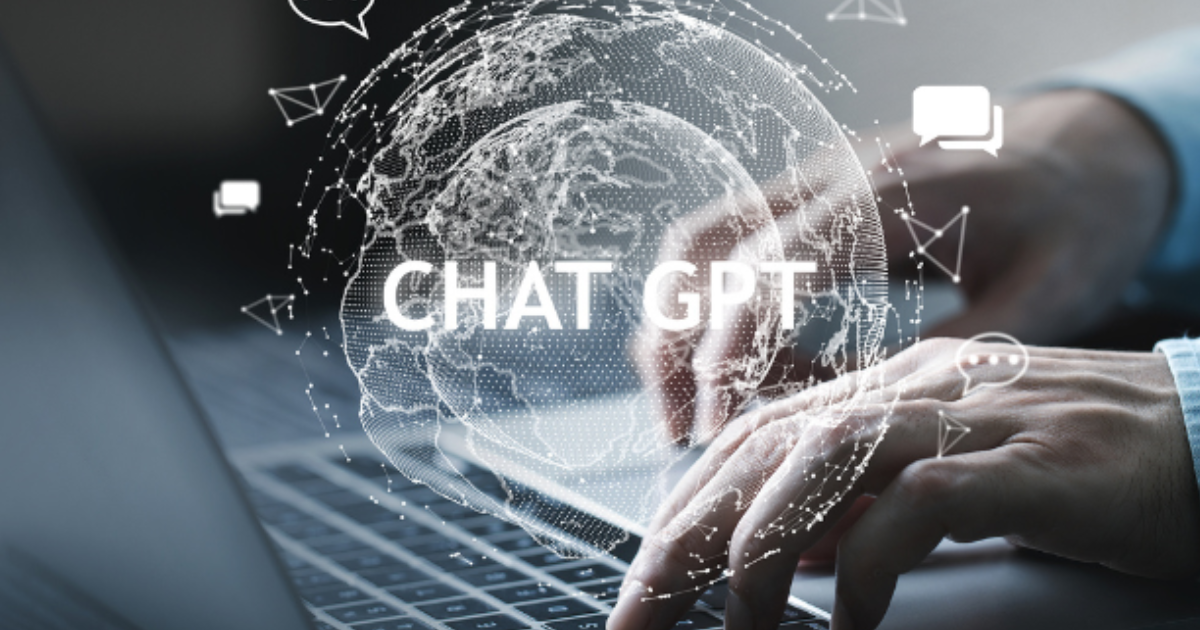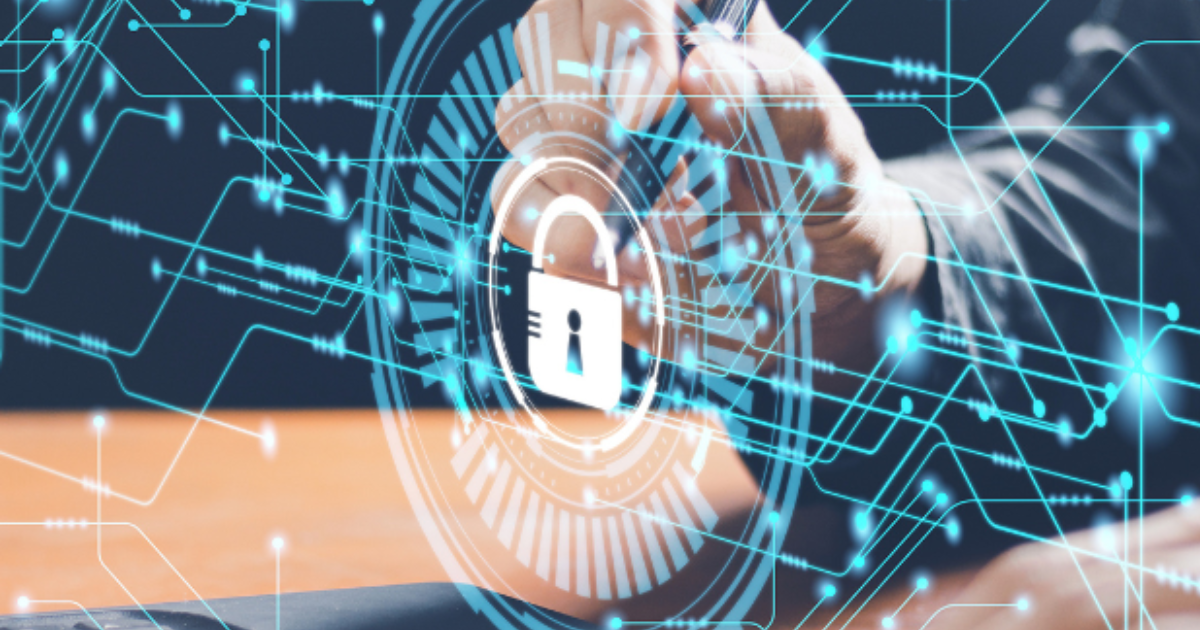The 8 Everyday Objects Can Result in a Data Security Breach

In today’s digital age, data security is a top priority for everyone from individuals to businesses and governments. With the rise of technology and the increasing reliance on the internet, the threat of a data security breach is becoming more prevalent. According to Statista, approximately 15 million records were compromised globally through data breaches during the third quarter of 2022. As such, we must take measures to protect our sensitive information, both online and offline.
In this article, we’ll be exploring eight everyday objects that, if not properly handled, can result in a data security breach. From smartphones and laptops to cloud services and social media, these objects play a crucial role in our daily lives. Unfortunately, they all hold the potential for a data breach if not secured properly. So, whether you’re a tech-savvy individual or a business owner, this article is a must-read for anyone looking to keep their data safe. Get ready to be surprised as we dive into the world of data security and discover how seemingly harmless objects can pose a threat to your sensitive information.
Everyday Objects That May Pose Data Security Threats
USB Drives
USB drives are a common and convenient way to store and transfer data. They’re also a common target for hackers looking to steal sensitive information. If you leave a USB drive lying around, someone could easily pick it up and access the data stored on it. To avoid this, you should encrypt the data on your USB drive. You should also password-protect it, or simply avoid storing sensitive information on it.
Smartphones
Smartphones are now the primary devices we use to access sensitive data. They contain a vast amount of personal and professional information, making them a prime target for hackers. Additionally, if your phone is lost or stolen, anyone who gets their hands on it could access your email, social media accounts, and other sensitive data. To protect your information, you should use a strong password and encrypt your phone’s data.
Trash
While you may think that credit card offer is trash, a thief could think otherwise. From receipts to paid bills to insurance documents, people don’t always think before they toss things out. It’s important to shred any documents that have personal data about you or your business. This can include tax ID numbers, insurance account numbers, etc. It’s often by piecing more than one bit of trash together that criminals have enough for identity theft.
Cloud Services
Cloud services are increasingly popular for storing and accessing data. However, they’re also a target for hackers, who can potentially access your data if they breach the cloud service’s security. To protect your data, you should use a strong password and two-factor authentication, and choose a reputable cloud service with strong security measures in place.
Smart Speakers & Other IoT
How well protected are your IoT devices? Often people plug them in as soon as they get them. They also never update the firmware or change default device names or passwords. While you may think that your smart speaker doesn’t have anything a hacker will want to bother with, they see it as a doorway to your other network devices. Make sure IoT is properly protected.
External Hard Drives
External hard drives are similar to USB drives, but they’re typically used to store more data. Like USB drives, they’re a potential target for hackers, and if they’re lost or stolen, the data stored on them could be accessed by anyone. Therefore, to avoid this, you should encrypt the data on your external hard drive and password-protect it.
Wireless Networks
Wireless networks are convenient, but they’re also vulnerable to hacking. If you connect to an unsecured wireless network, a hacker could potentially access your data, including sensitive information like banking details and login credentials. As a result, you should use a secure wireless network, and avoid connecting to unsecured networks.
Social Media
Social media is a breeding ground for hackers, who can use information from your profiles to gain access to your sensitive data. To protect your information, you should be careful about the information you share on social media. Additionally, adjust privacy settings, be cautious of phishing, limit app permissions, and avoid clicking unknown links to protect personal information from being misused or stolen.
Basic Rules To Stay Protected
Here are some basic general rules to stay protected from data breaches:
- Use strong and unique passwords: Use a combination of letters, numbers, and symbols to create a strong password, and make sure to use different passwords for different accounts.
- Enable two-factor authentication: This adds an extra layer of security to your accounts by requiring a second form of identification, such as a code sent to your phone, in addition to your password.
- Be cautious of phishing scams: Don’t click on links or download attachments from unknown sources. Be especially wary of emails that ask for sensitive information or contain spelling and grammar errors.
- Use encryption: Encrypting your sensitive information makes it unreadable to unauthorized users, even if they manage to access it.
- Be careful with public Wi-Fi: Avoid using public Wi-Fi networks to access sensitive information, as they may be unsecured and leave your information vulnerable.
Stay Ahead Of Cyber Threats With Copperband Technologies
Take control of your data security and protect your sensitive information from potential breaches. Trust the professionals at Copperband Technologies to provide comprehensive IT protection services and secure your devices, networks, and data. Don’t wait, contact us today to learn how we can help keep your information safe.






